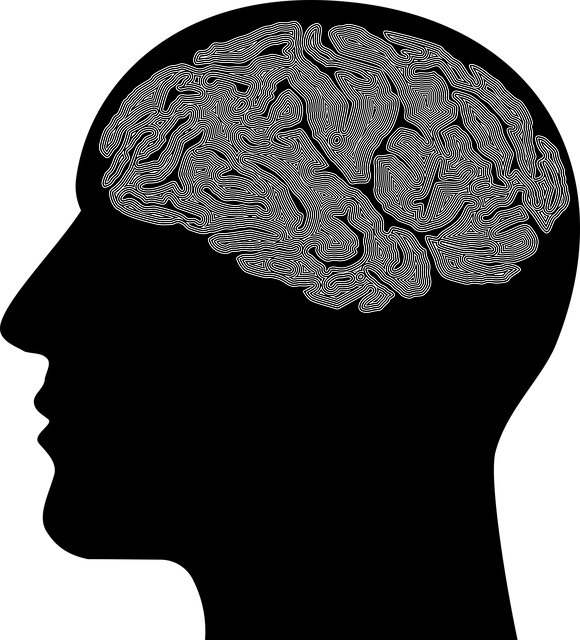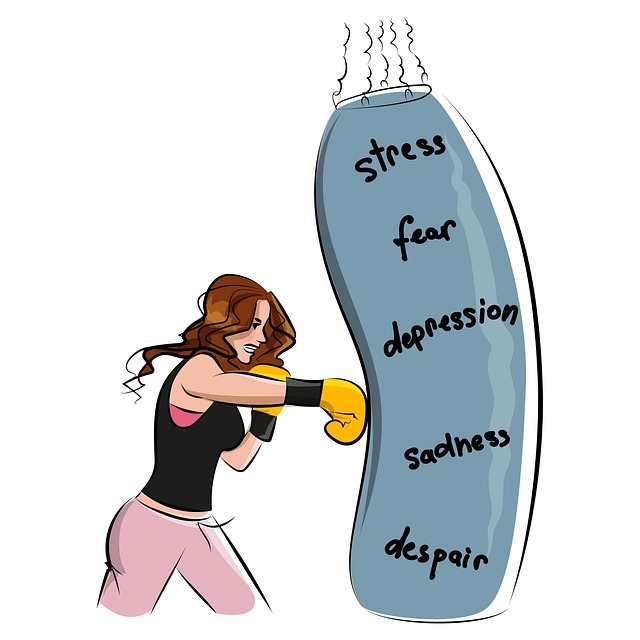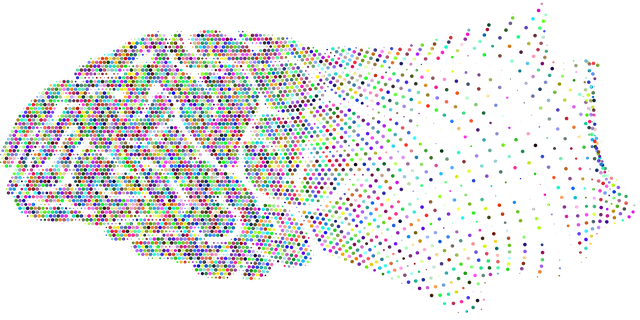Aurora Suicide Prevention Therapy employs risk assessment as its core method, analyzing psychological, social, and environmental factors to identify potential harm triggers. They offer personalized strategies addressing self-harm history, means access, interpersonal dynamics, and trauma. Cultural competency training ensures interventions are sensitive to diverse backgrounds. Proactive measures include encouraging self-care, implementing mental wellness coaching, group therapy, and community outreach programs to enhance resilience and promote healthier coping mechanisms. By integrating stigma reduction efforts and culturally sensitive approaches, Aurora Suicide Prevention Therapy creates a safe environment, fostering help-seeking behaviors and ultimately aiming to build a more supportive, resilient community.
Risk assessment and harm minimization planning are critical components of any comprehensive support strategy, especially in mental health care. This article explores these essential topics, providing insights into effective methods for identifying and mitigating risks. We delve into the foundational concepts of risk assessment, highlighting key factors to consider. Furthermore, we present practical approaches to implementing harm minimization strategies, offering a detailed look at Aurora Suicide Prevention Therapy as a cutting-edge framework that revolutionizes support mechanisms.
- Understanding Risk Assessment: Identifying and Evaluating Factors
- Implementing Harm Minimization Strategies: Practical Approaches
- Aurora Suicide Prevention Therapy: A Comprehensive Framework for Support
Understanding Risk Assessment: Identifying and Evaluating Factors

Risk assessment is a critical component of suicide prevention and mental health support, such as that offered by Aurora Suicide Prevention Therapy. It involves a thorough examination of an individual’s current situation, including psychological, social, and environmental factors. By identifying potential risks and triggers, healthcare providers can develop tailored strategies to minimize harm. This process requires evaluating various elements like past suicidal attempts or self-harm history, access to means (e.g., firearms, medications), interpersonal relationships, and exposure to traumatic events or stressors.
Understanding these factors is essential for building a robust harm minimization plan. Cultural competency training for healthcare providers plays a vital role in this assessment as it ensures an understanding of how cultural backgrounds and social identities can influence an individual’s experience of risk. Additionally, promoting self-care routine development for better mental health and implementing mental wellness coaching programs can empower individuals to manage risks proactively. These approaches collectively contribute to creating a supportive environment that fosters resilience and recovery.
Implementing Harm Minimization Strategies: Practical Approaches

Implementing harm minimization strategies is a vital step in risk assessment, aiming to prevent potential self-harm or suicide attempts. Aurora Suicide Prevention Therapy offers practical approaches that can be adopted by individuals and communities alike. One effective method is integrating self-care practices into daily routines. Encouraging regular exercise, balanced nutrition, and adequate sleep can significantly enhance an individual’s resilience and overall well-being. Additionally, promoting mindfulness meditation as a stress management tool has proven beneficial in reducing impulsive behaviors and improving emotional regulation.
Social skills training is another crucial component of harm minimization. By fostering meaningful connections and providing support networks, individuals at risk can develop healthier coping mechanisms. Group therapy sessions or community outreach programs focused on social integration can create a sense of belonging, which is essential for those struggling with mental health issues. Combining these strategies with evidence-based therapeutic practices ensures a comprehensive approach to harm minimization, ultimately contributing to the well-being and safety of individuals within the community.
Aurora Suicide Prevention Therapy: A Comprehensive Framework for Support

Aurora Suicide Prevention Therapy offers a comprehensive framework for supporting individuals at risk of suicide, focusing on evidence-based practices and cultural sensitivity. This approach recognizes that mental illness, including depression and anxiety disorders, significantly contributes to suicidal ideation and behaviors. By integrating mental illness stigma reduction efforts into therapy sessions, the program fosters an environment of trust and understanding, encouraging individuals to seek help without fear of judgment.
The framework also emphasizes the importance of cultural sensitivity in mental healthcare practice, ensuring that interventions are tailored to meet the unique needs of diverse populations. This inclusive approach not only boosts confidence in seeking support but also enhances the effectiveness of prevention strategies. By addressing both the mental health aspect and the social factors contributing to suicide risk, Aurora Suicide Prevention Therapy strives to create a safer and more supportive community for everyone.
In conclusion, understanding risk assessment and implementing harm minimization strategies, such as the comprehensive framework offered by Aurora Suicide Prevention Therapy, is paramount in ensuring mental health support systems are robust and effective. By identifying and evaluating risk factors, along with adopting practical approaches to prevention, we can create safer communities and provide better care for those in need.














